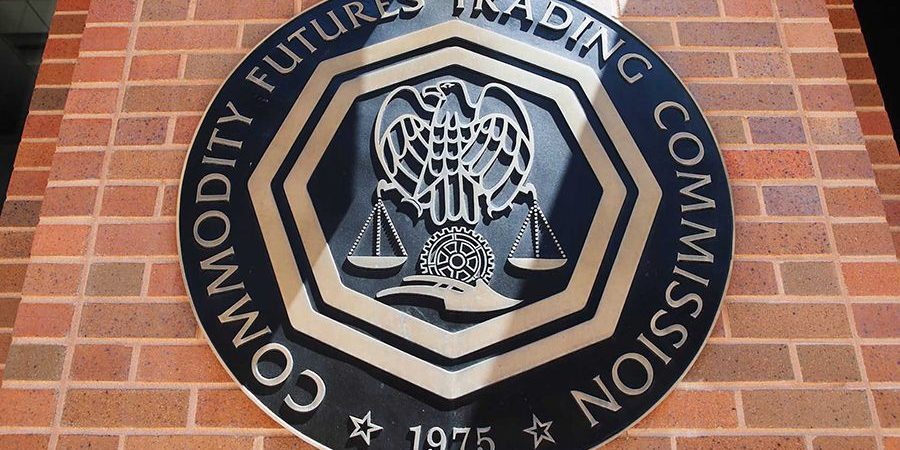CFTC investigates the activity of the cryptocurrency prediction market Polymarket
The activities of the Polymarket sweepstakes, which are preparing for the upcoming round of financing, have repeatedly attracted the attention of the Commodity Futures Trading Commission (CFTC).
The regulator is investigating the New York cryptocurrency prediction platform for illegal offers to users of swaps and binary options. In addition, the Commission is considering whether the platform should obtain a regulatory license.
The CFTC has studied the company on several occasions since Polymarket began negotiating funding with institutional investors. The company is expected to be valued at $ 1 billion during the funding round. In 2020, the platform sold about 4 billion shares.
After the information appeared in the media about the initiation of an investigation by the CFTC of the platform’s activities, a spokesman for the company said: “Polymarket is committed to comply with applicable laws, regulations and provide regulatory authorities with answers to their questions.” The regulator did not comment on its interest in the prediction platform in any way. The regulator’s increased attention could be caused by the fact that the platform uses Coinbase stablecoins in contracts with users.
As a defense against CFTC harassment, the Polymarket platform brought in James MacDonald, a partner at the law firm Sullivan & Cromwell, who until 2020 led the Commission’s enforcement division.
Polymarket real-life betting company was founded by 23-year-old Shane Coplan. The prediction platform offers a tote for any real events. From bets on whether the Fed will raise the base rate to the victory of the football team. The price on the site is determined using an automatic market maker.
Recently, the Commodity Futures Trading Commission accused the creator of Kikit & Mess Investments LLC of fraudulent investments in foreign currency and cryptoassets, and embezzlement of more than $ 3.9 million. Earlier, the CFTC fined Tether and the Bitfinex exchange $ 42.5 million for misleading users and illegally providing services to US citizens.







